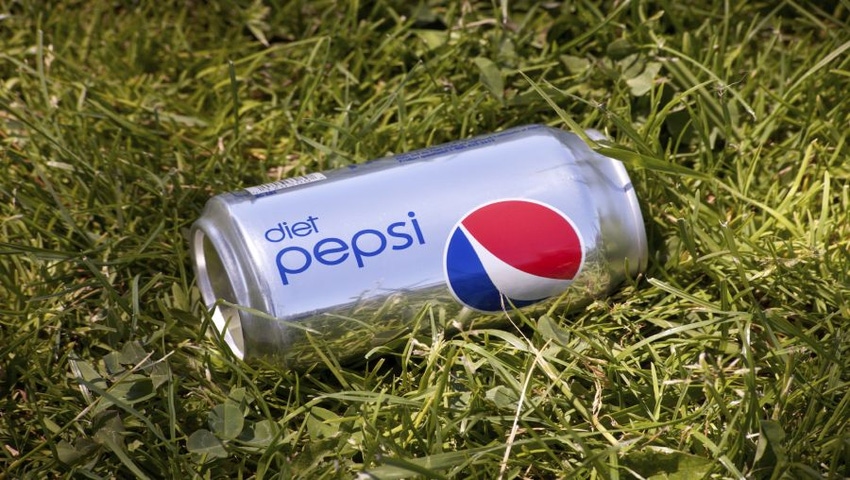The continued rise of global obesity and ongoing concerns over sugar intake is driving innovation in the reduced sugar and diet beverage sector, according to market data from Innova Market Insights. What’s more, interest in sugar reduction has combined with the ongoing emphasis on clean labeling to boost the use of natural sweeteners in particular, with more sophisticated blends developed for specific applications increasingly in evidence.

The continued rise of global obesity and ongoing concerns over sugar intake is driving innovation in the reduced sugar and diet beverage sector, according to market data from Innova Market Insights. What’s more, interest in sugar reduction has combined with the ongoing emphasis on clean labeling to boost the use of natural sweeteners in particular, with more sophisticated blends developed for specific applications increasingly in evidence.
A 2015 Innova Market Insights survey found that sugar content influences the purchasing decision of soft drinks for 57 percent of U.S. consumers. For the United Kingdom, where a sugar tax will come into force in 2018, the figure is 60 percent. For Mexico, where a sugar tax is already in place, 57 percent of respondents said that sugar content influences their purchasing decision of soft drinks.
More than 16 percent of global soft drinks launches recorded by Innova Market Insights in the 12 months to the end of March 2016 used either a no added sugar, low-sugar or sugar-free claims. This type of positioning was particularly popular in juices and juice drinks, featuring in about one-fifth of introductions in the subcategory, rising to over 30 percent in the United States.
At the same time as this interest in sugar reduction there also has been a continuing focus on clean-label formulations, which has worked against some existing non-caloric or low-calorie sweeteners and caused a backlash against some ingredients perceived to be “artificial."
With interest turning to natural sweeteners, the spreading regulatory approval for stevia sweeteners in markets such as the United States, Australia and then the European Union over the past five years or so started something of a revolution in sweetener use. Soft drinks have been a key application area, accounting for 20 percent of launches featuring stevia in the 12 months to the end of March 2016.
Penetration has not proceeded as fast as expected in some instances, however, with stevia featuring in just under 4 percent of global soft drinks launches in the 12 months to the end of March 2016, rising to 8 percent in the United States. Stevia has maintained a relatively high profile, however, and is now being used by some leading players and brands, most notably Coca-Cola for Coca-Cola Life and Pepsi with Pepsi True, both in the mid-calorie carbonates market.
It is being more widely used in other soft drinks subcategories, however, with juice and juice drinks accounting for the highest levels of activity overall with a quarter of global soft drinks launches using stevia, but flavored bottled water is faring best in terms of penetration, with 13.5 percent of global subcategory launches featuring stevia.
Other natural sweeteners also are increasingly being used in the focus on clean labeling, often in combination with sugar, stevia and/or other sweeteners such as erythritol. Honey and agave are proving particularly popular, and there’s also growing interest in the use of monk fruit.
So far, launch activity has been relatively limited in comparison with stevia, and has been focused strongly on the United States, which accounted for 64 percent of global soft drinks launches featuring monk fruit, over half of launches featuring erythritol and more than 40 percent featuring agave in the 12 months to the end of March 2016.
Looking for more on natural sweeteners? Visit the Natural Sweeteners SupplySide & Vitafoods Global Storefront to search for ingredients, solutions, resources and more.
About the Author(s)
You May Also Like






.png?width=800&auto=webp&quality=80&disable=upscale)